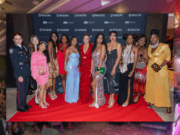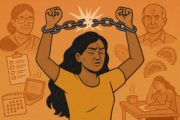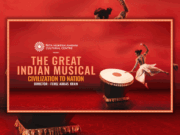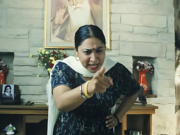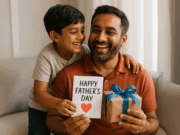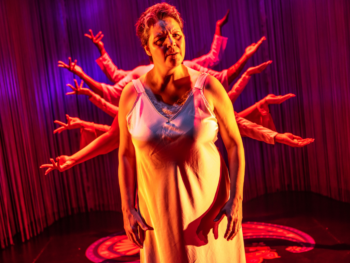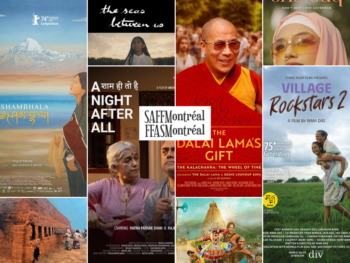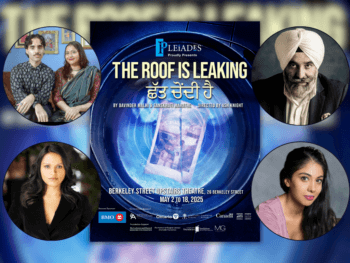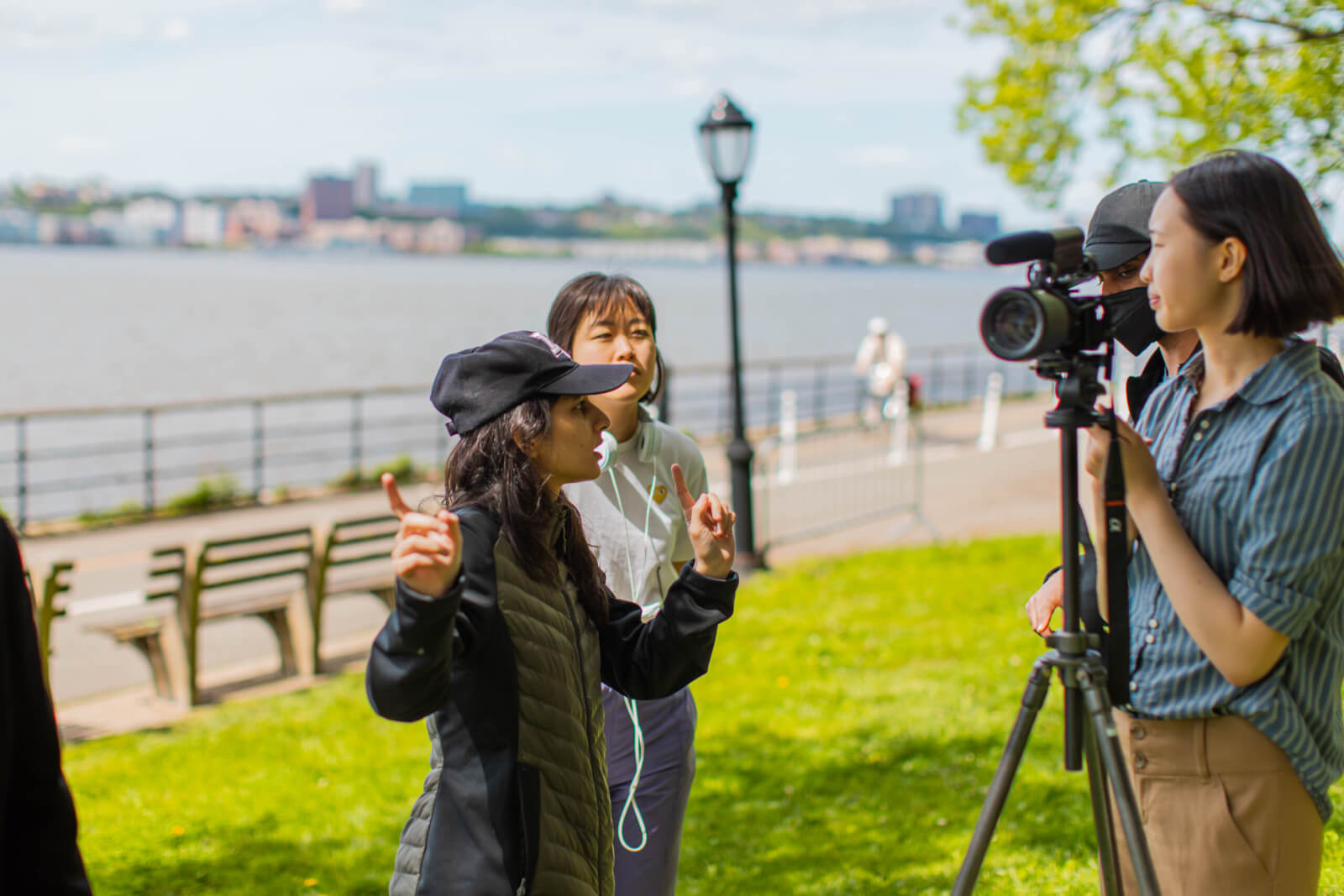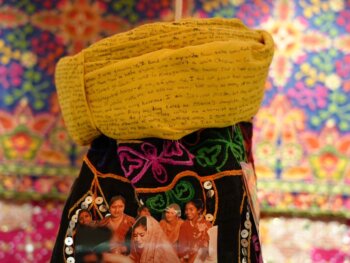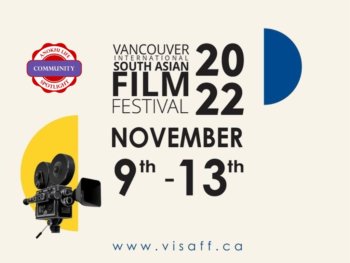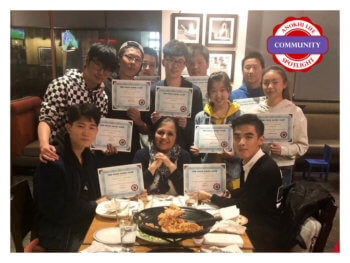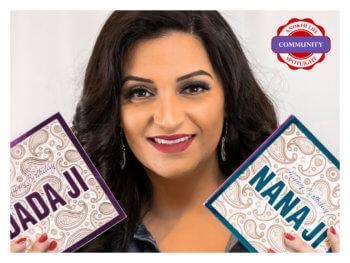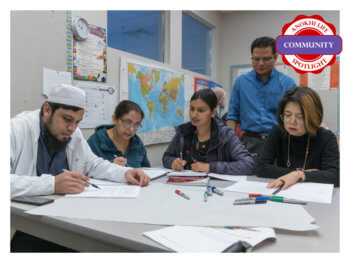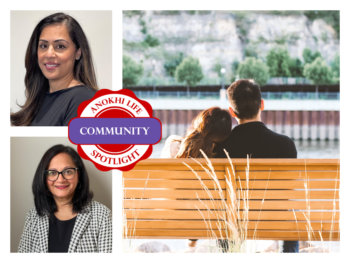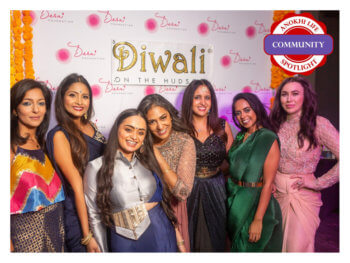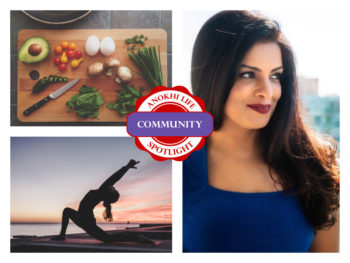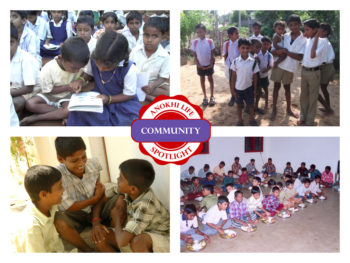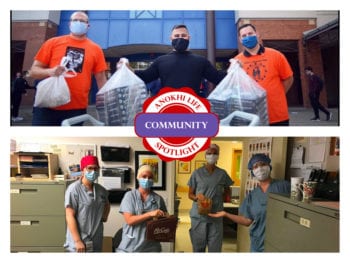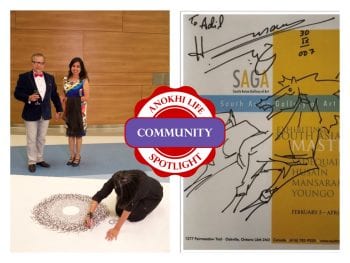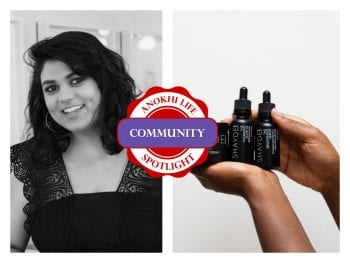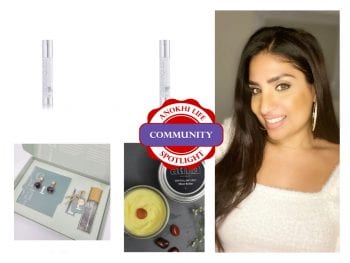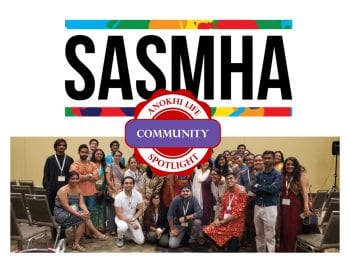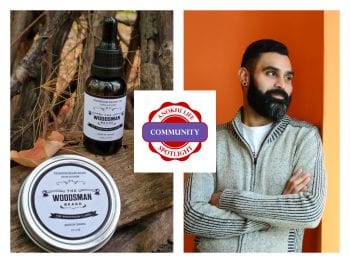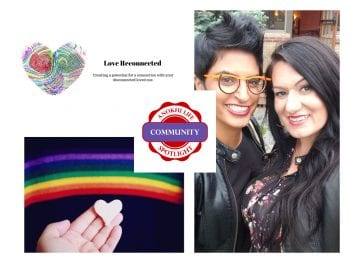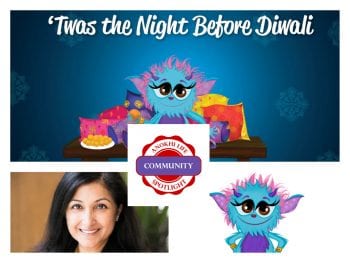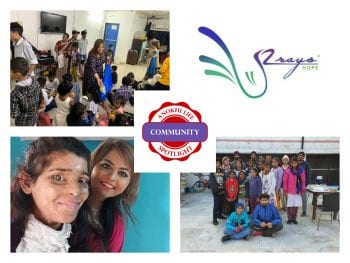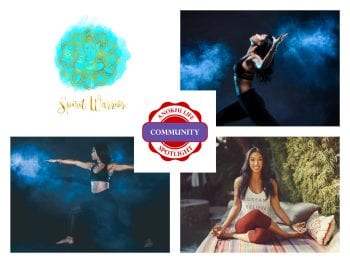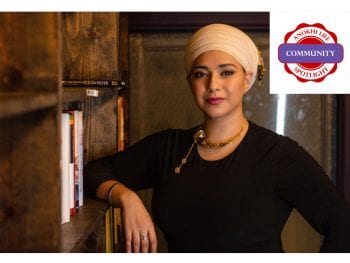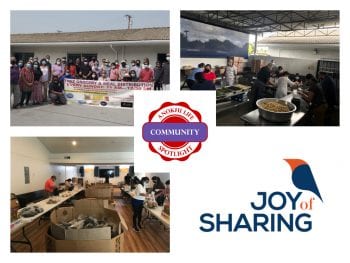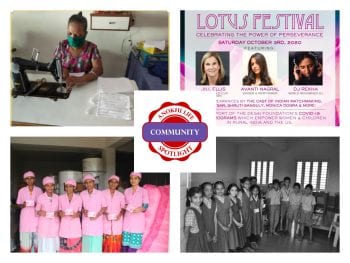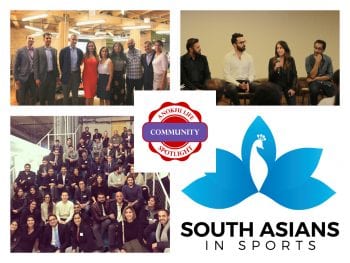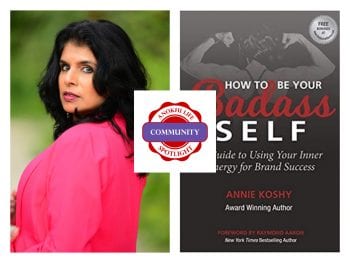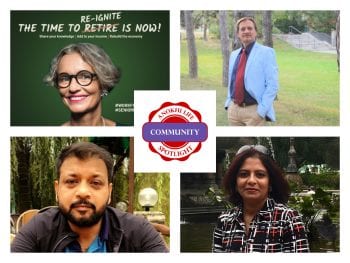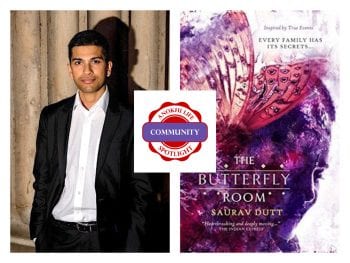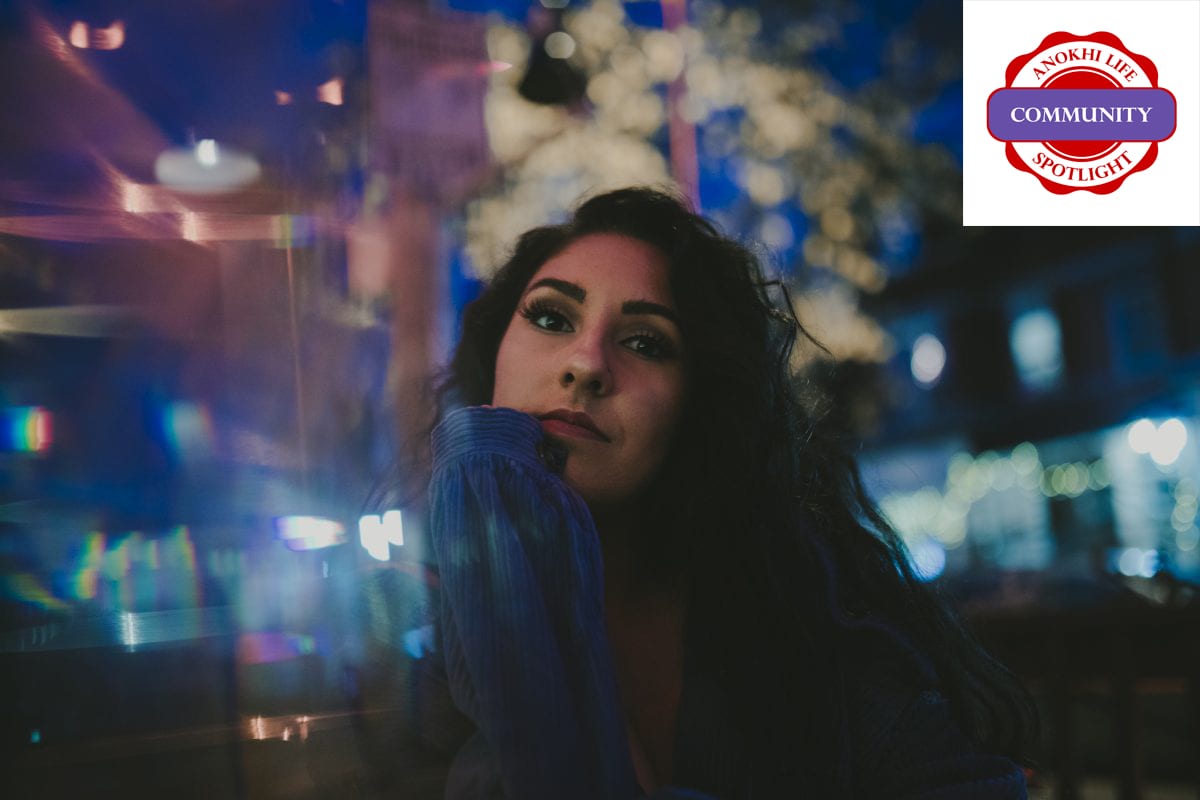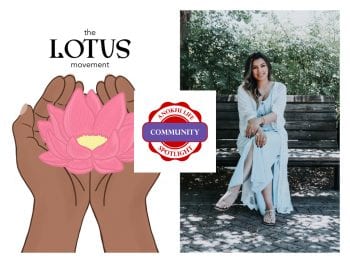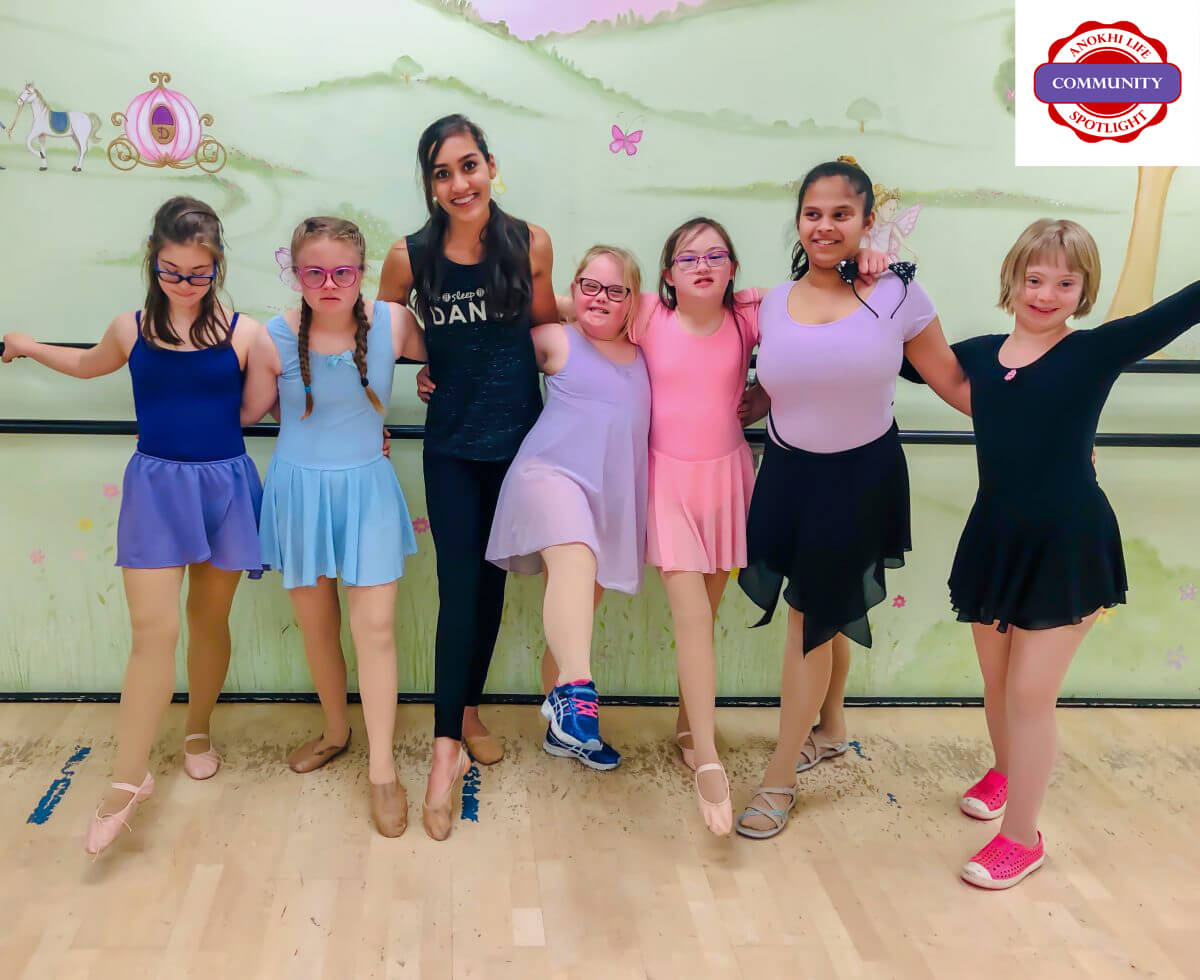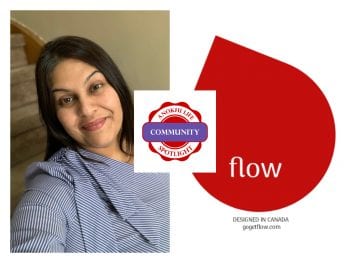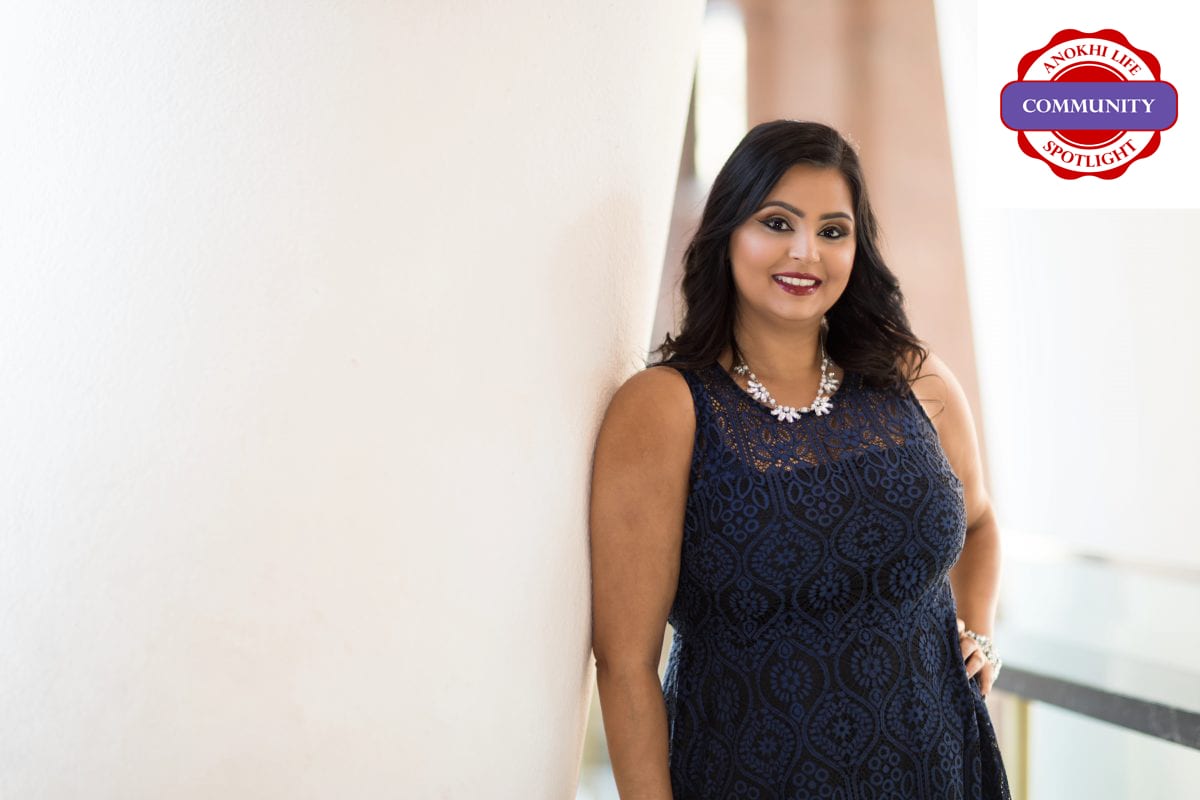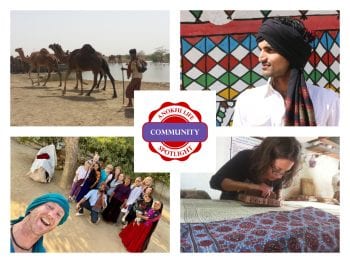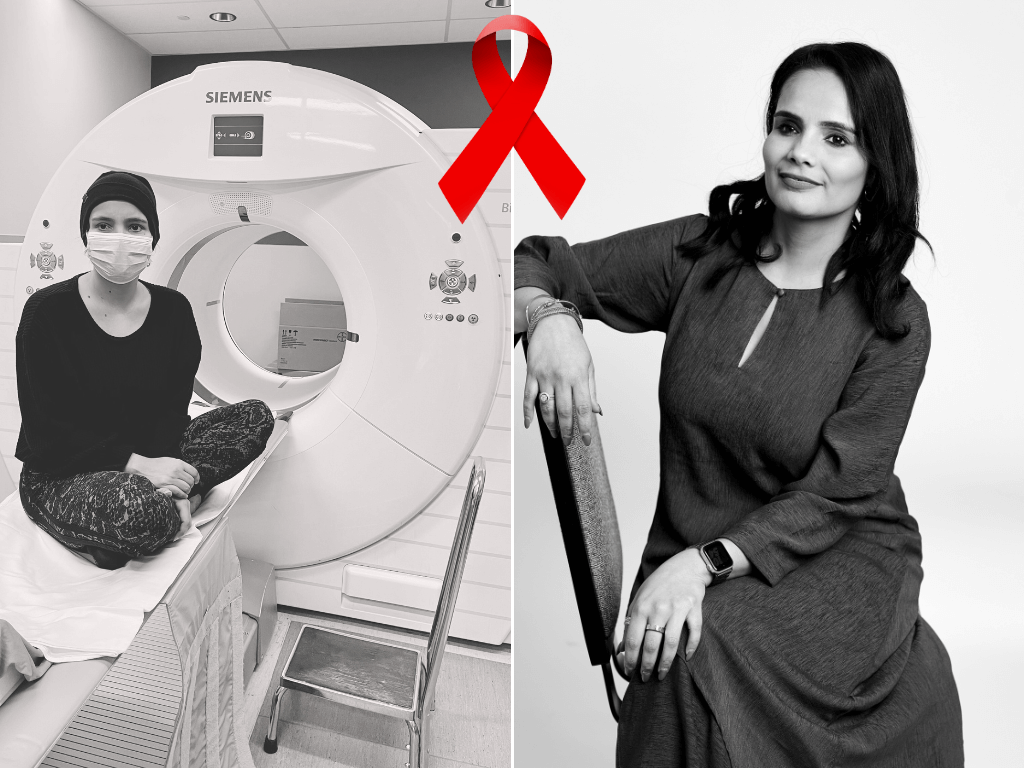
Blood Cancer Awareness: Every Bold Lipstick & Outfit Says, ‘I Am Still Here’
Community Spotlight Sep 10, 2025
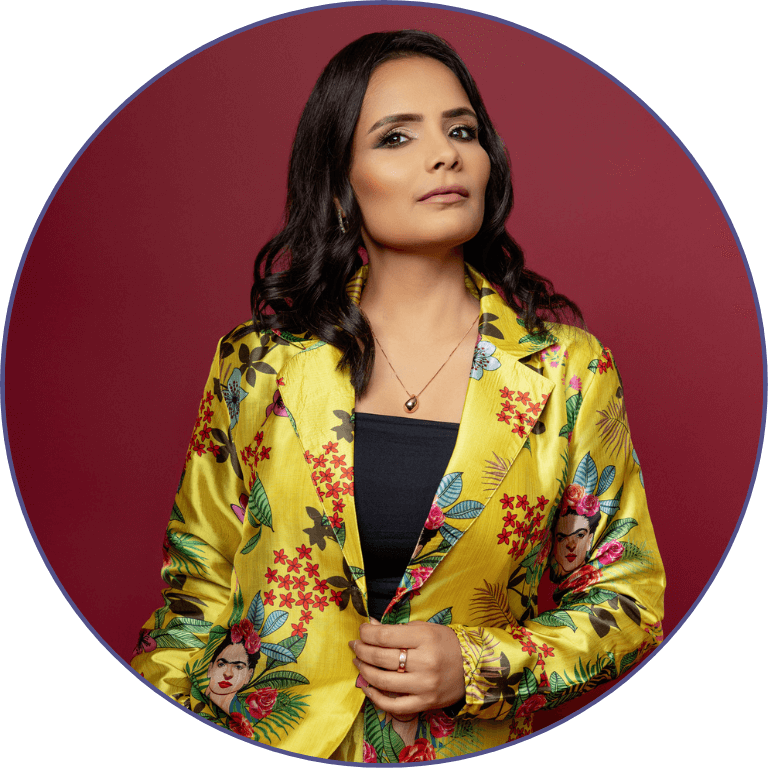
In honour of Blood Cancer Awareness Month, we are privileged to share this deeply personal piece by Harjeet Kaur — a Stage 4 blood cancer survivor, advocate, and co-founder of Chai and Hope.
What began as a life-altering diagnosis has since become her mission: breaking silence, supporting South Asian cancer patients, and championing inclusive, culturally sensitive care.
What follows is Harjeet’s powerful reflection on survival, stigma, and the unwavering hope that comes from turning pain into purpose.
A Diagnosis That Changed Everything
August 28, 2019, is a date forever etched in my memory. As a 32-year-old newly arrived immigrant in Canada, I was filled with dreams of building a new life with my husband. Instead, that summer became the beginning of an unimaginable battle.
My doctor looked at me with somber eyes and said the words no one ever expects to hear: “You have Stage 4 rare blood cancer.”
In that moment, everything changed. My future — once filled with plans of family, career, and building a new community — suddenly collapsed into a whirlwind of hospital visits, chemotherapy, transfusions, and endless questions about survival.
Cancer did not knock politely on my door; it barged in, uninvited, and took over every corner of my life.

The Physical and Emotional Toll
Treatment was brutal. Chemotherapy left me weak, nauseous, and unable to recognize the reflection staring back in the mirror. My hair fell out in clumps. My body, once full of energy, now struggled with simple daily tasks.
But perhaps the hardest part was what cancer took away silently — my fertility. The treatments forced me into early menopause at just 32. As a South Asian woman, the unspoken expectation of building a family weighed heavily. Overnight, I had to grieve not just my health, but the loss of dreams I had carried for years.
The grief was compounded by silence. In many South Asian families and communities, cancer is not openly discussed. Talking about illness, reproductive health, or even emotions is often considered taboo. Instead of comfort, I sometimes faced stigma, whispered comments and avoidance.
This silence hurt more than words could. I realized that my fight was not only against cancer, but also against cultural barriers that kept too many of us isolated in our struggles.

Finding Strength in Advocacy
Amid the darkest days, I discovered something unexpected: my voice. I began sharing my journey on Instagram (@hk_thriver), not just as a patient, but as a human being navigating loss, resilience, and healing.
What started as personal storytelling grew into advocacy. I connected with organizations like the Canadian Cancer Society, Leukemia & Lymphoma Society of Canada, global and local support networks. I co-founded Chai and Hope, a safe space for cancer survivors and thrivers to gather, share experiences, and lift one another up.
Through these platforms, I found purpose. I began speaking on panels, contributing to research discussions, and working to amplify the voices of patients often left unheard — immigrants, women, and people of color navigating the intersections of health and cultural stigma.
Reclaiming Identity Through Fashion and Creativity
Cancer tried to strip me of identity, but I chose to reclaim it. I found healing not only in medicine, but in creativity and fashion. Dressing up, creating reels, and sharing photoshoots became more than hobbies — they became declarations of survival.
Every outfit I wear, every bold lipstick I choose, every photoshoot I share is my way of saying: “I am still here.”
Fashion, once just an expression of style, transformed into an act of defiance and joy. It became a symbol of resilience — proof that life after cancer can be vibrant, glamorous, and unapologetically authentic.
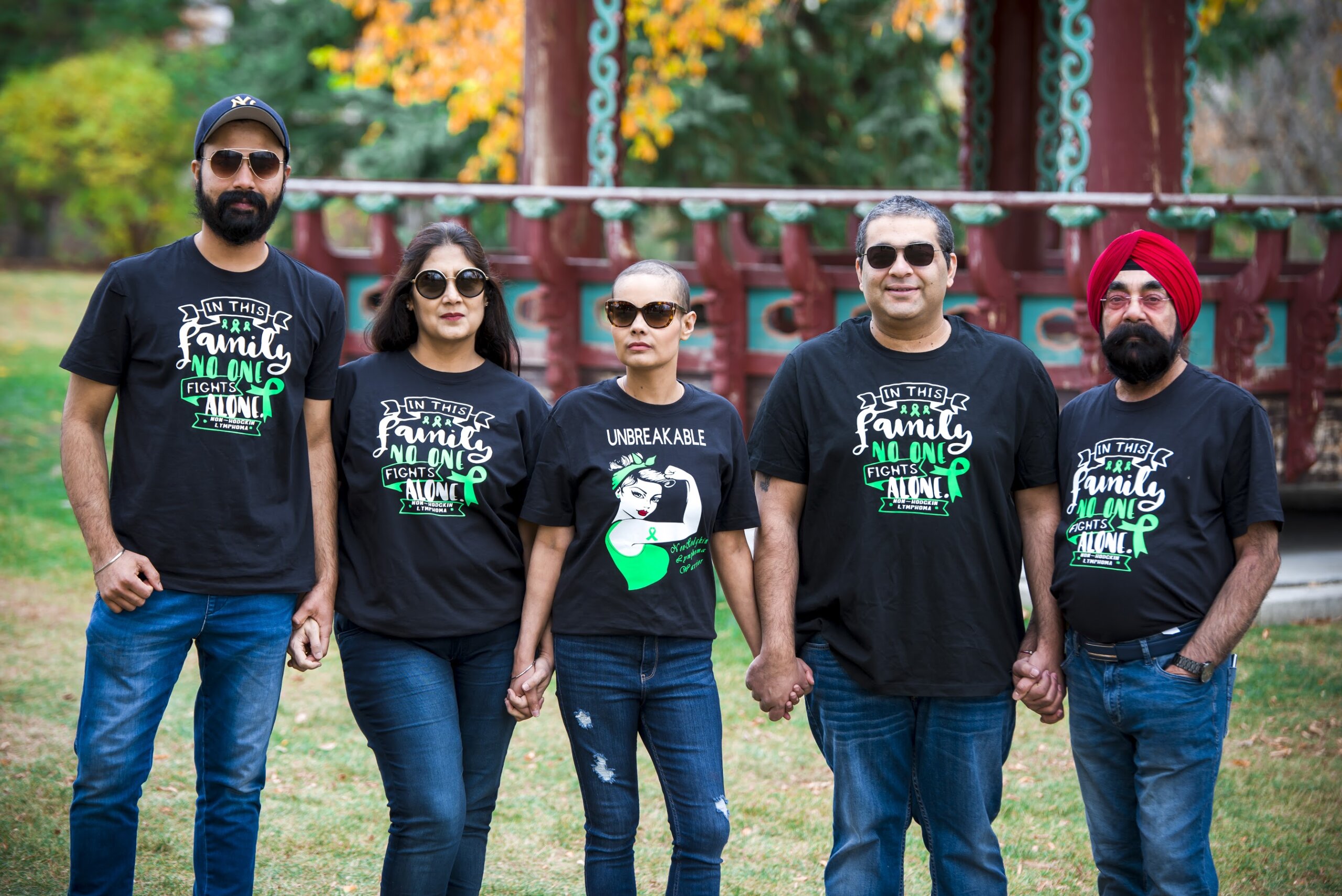
Why Awareness Matters
This September, as we mark Blood Cancer Awareness Month, I reflect not just on my story but on the thousands of others who face this diagnosis every year.
Blood cancers — including leukemia, lymphoma, and myeloma — are among the most common cancers worldwide. Yet awareness remains limited.
Too many people still delay seeking care because symptoms seem vague. Too many families face stigma that keeps them from talking about it openly. And too many survivors navigate healing in silence.
Awareness is more than wearing a ribbon; it is about breaking silence, funding research, supporting families, and ensuring no one walks this journey alone.
Turning Pain Into Purpose
Six years later, I am still here — alive, healing, and thriving. Cancer may have reshaped my life, but it did not take away my spirit.
Today, my mission is simple:
✨ To break the silence around cancer in South Asian communities.
✨ To advocate for equity in cancer care, ensuring all voices are included.
✨ To show through my life, my fashion, and my storytelling that survival is not just about living — it is about living fully.

Final Thoughts
If you are reading this and carrying your own battles, know this: you are not alone. Healing is rarely linear, and grief may never fully disappear, but life after cancer is possible.
Resilience is built in moments — in the courage to show up, in the willingness to share your truth, and in the choice to keep moving forward.
This September, I share my story not because it is easy, but because someone out there needs to hear it. Cancer may have rewritten my future, but I get to choose how the story continues. And my choice is always hope.
Blood Cancer Awareness Month
Every September, Blood Cancer Awareness Month brings urgency and unity, highlighting signs, promoting early detection, funding research, and connecting survivors, caregivers, and advocates.
In Canada alone, over 23,600 people were diagnosed with blood cancers in 2024, making it a relentless and rising concern. Living in North America, we know a new blood cancer diagnosis happens every few minutes, with deaths from leukemia, lymphoma, and myeloma comprising nearly 10% of all cancer fatalities in the U.S. – reminding us why awareness matters now more than ever.
A Statistics Canada research reveals a troubling disparity: non-immigrant South Asian women face 1.4 to 1.6 times higher cancer mortality than their immigrant counterparts (and the highest cancer mortality rates in Canada), underscoring how stigma and cultural silence can delay diagnosis and worsen outcomes.
That’s why this month isn’t just about facts—it’s about transforming those numbers into voices. For me, turning pain into purpose means using awareness to break silence, reshape futures, and ensure no one walks this path alone.
Suggested Reading:
Profiling One Cancer Survivor’s Fight With Big Pharma
What Pisses Me Off: My Father’s Stage 4 Cancer Diagnosis




